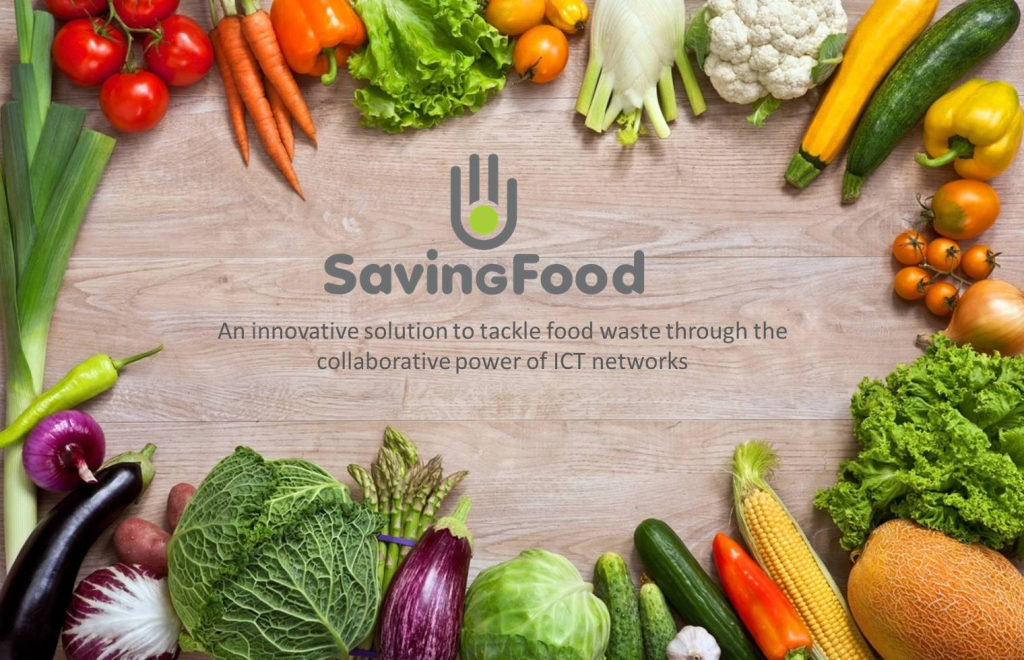Some more tips to reduce food waste!
Reducing food waste is not only beneficial for your wallet but also for the environment. Here are some practical tips to help you minimize food waste:
- Plan Your Meals: Take some time to plan your meals for the week before going grocery shopping. This will help you buy only what you need and avoid purchasing items that may end up going to waste.
- Make a Shopping List: Create a shopping list based on your meal plan and stick to it while at the store. Avoid impulse purchases, especially on perishable items that you may not use before they spoil.
- Buy Only What You Need: Be mindful of portion sizes and buy only the amount of food that you and your family will consume. Buying in bulk may seem cost-effective, but it can lead to food waste if you’re unable to use everything before it expires.
- Proper Storage: Store perishable items such as fruits, vegetables, dairy, and meat properly to prolong their freshness. Use airtight containers, resealable bags, or storage wraps to keep food fresh for longer.
- First In, First Out (FIFO): Practice the FIFO method in your pantry and refrigerator, where you use older items before newer ones. This helps prevent forgotten or expired food items from being pushed to the back and going to waste.
- Utilize Leftovers: Get creative with leftovers by incorporating them into new meals. For example, leftover vegetables can be added to soups, stir-fries, or omelets, while stale bread can be turned into croutons or breadcrumbs.
- Freeze Excess Food: If you have excess food that you won’t be able to consume before it spoils, consider freezing it for later use. Many foods can be safely frozen, including bread, meat, vegetables, and cooked meals.
- Understand Date Labels: Learn to differentiate between “sell by,” “use by,” and “best before” dates on food packaging. “Sell by” and “best before” dates indicate quality, while “use by” dates indicate safety. Trust your senses and judgment rather than relying solely on date labels.
- Compost Food Scraps: Instead of throwing away food scraps like vegetable peels, fruit cores, and coffee grounds, consider starting a compost pile or using a compost bin. Composting reduces landfill waste and produces nutrient-rich soil for gardening.
- Donate Surplus Food: If you have excess food that you won’t be able to consume, consider donating it to local food banks, shelters, or community organizations. Your unwanted food items can help feed those in need instead of ending up in the trash.
By implementing these tips into your daily routine, you can significantly reduce food waste and contribute to a more sustainable food system.



